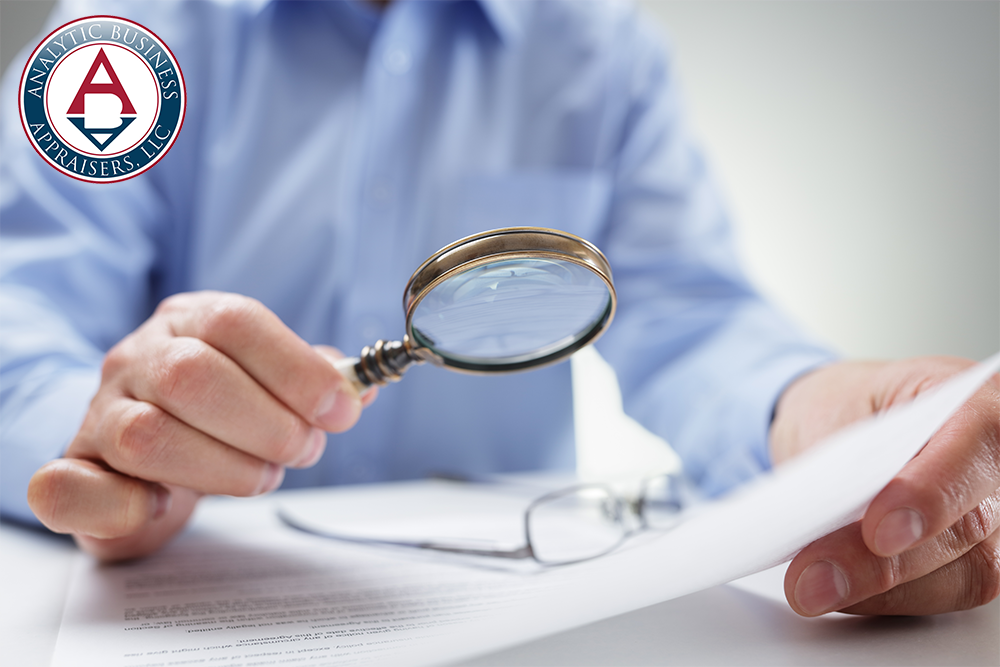Abstract: The value of a business interest is valid as of the “effective” date. This is a critical cutoff point, because events that occur after that date generally aren’t taken into account. This article discusses exceptions to the general rule based on whether information is foreseeable or provides an indication of fair market value.
Estate of Noble v. Commissioner, T.C. Memo 2005-2 (2005)
Estate of Jung v. Commissioner, 101 T.C. 312 (1993)
Knowing when to consider subsequent events in business valuations
The value of a business interest is valid “as of” a specific date (also known as the “effective” date). This is a critical cutoff point, because events that occur after that date generally aren’t taken into account. However, there are some important exceptions based on whether information is foreseeable or provide an indication of fair market value.
Foreseeability factor
Under the AICPA’s Statement on Standards for Valuation Services (SSVS) No. 1, a business valuation expert generally should consider only circumstances existing on the effective date. However, under SSVS No. 1, the question of whether the valuation should take into account subsequent events ultimately turns on the foreseeability of those events on the effective date.
The U.S. Tax Court also has generally focused on whether the events were foreseeable as of the valuation date. For example, in Estate of Noble v. Commissioner, the court held that the postdeath sale of the stock offered the best indication of its fair market value. It explained that “an event occurring after a valuation date … is not necessarily irrelevant to a determination of fair market value as of that earlier date.”
The court held that subsequent events could affect the value on the effective date if they were reasonably foreseeable by the hypothetical buyer or seller as of that date. For example, if a large customer contract expires three months after the valuation date and renewal negotiations were going poorly on the effective date, the valuation expert might adjust a business’s revenue and profit, discount rate or pricing multiple.
Furthermore, in another case, Estate of Jung v. Commissioner, the U.S. Tax Court ruled that unforeseeable events can prove probative if relevant to establishing the amount a hypothetical buyer would have paid a hypothetical seller. According to the court, this category of subsequent events includes evidence of “actual sales prices received for property after the date, so long as the sale occurred within a reasonable time … and no intervening events drastically changed the value of the property.” This ruling differentiates subsequent events that affect fair market value from those that provide an indication of fair market value.
Never say never
Rules — especially “general rules” — are made to be broken. While subsequent events usually won’t factor into a valuation, attorneys shouldn’t be surprised if they do.
© 2017







Leave A Comment